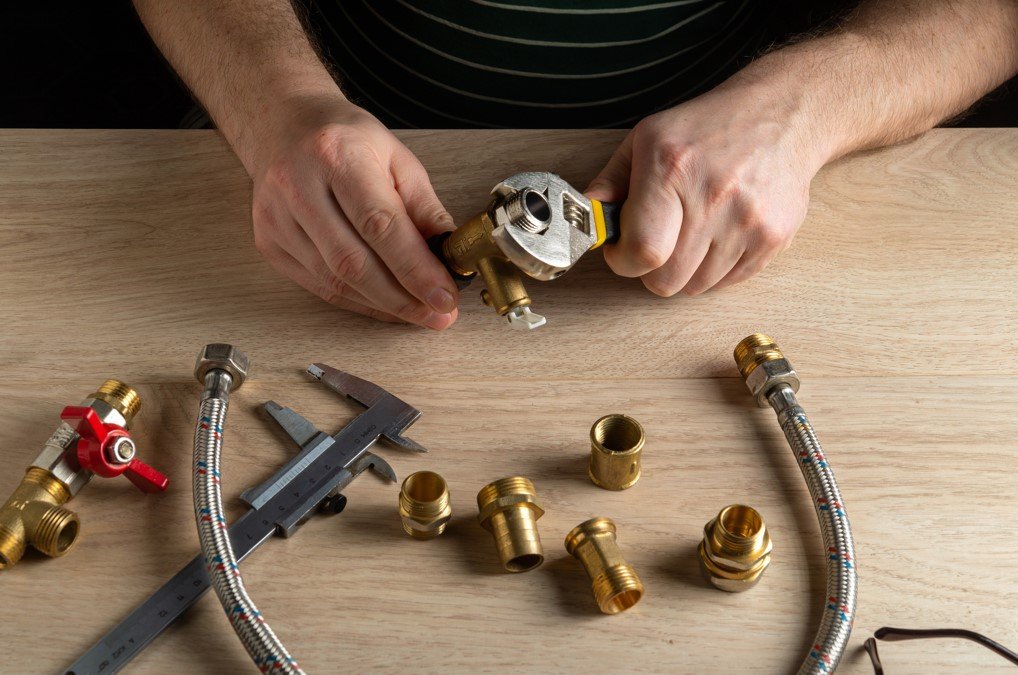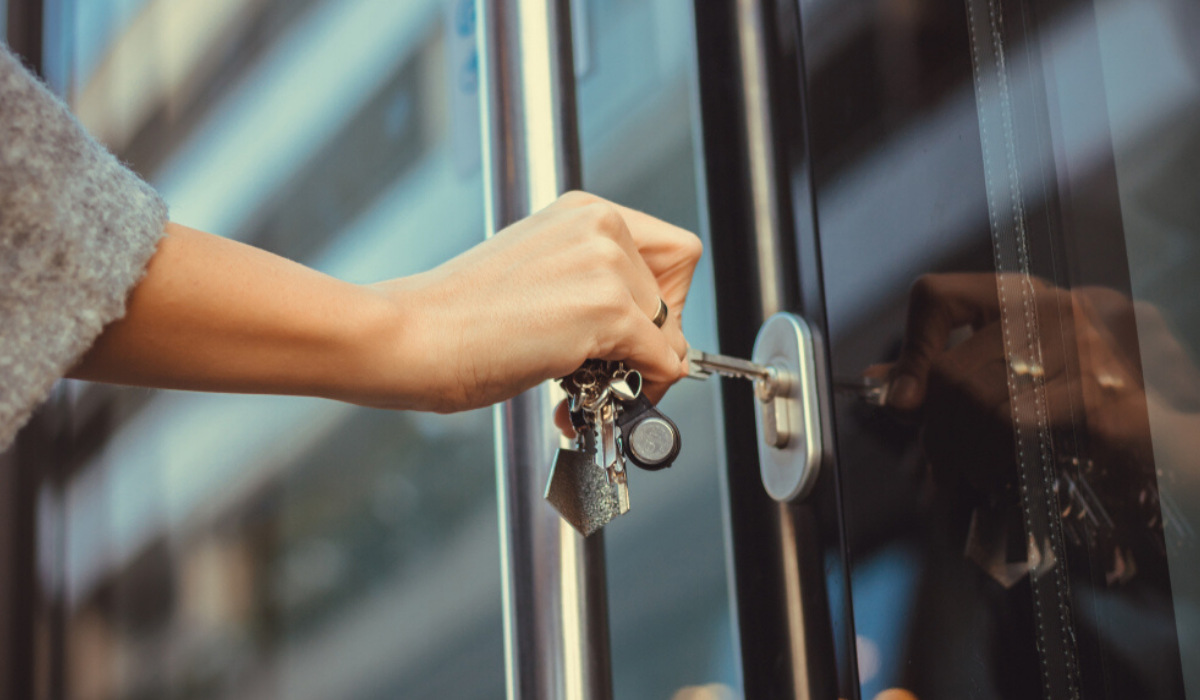Emergency plumbing services are an essential aspect of any homeowner’s or business owner’s maintenance routine. Unexpected plumbing issues can arise at any time and cause significant damage to your property if not addressed promptly and properly. In this article, we will discuss the most common emergency plumbing issues, how to handle them, and when to call in a professional.
The most common emergency plumbing issues include:
- Leaks: Leaks can occur in a variety of places, such as pipes, faucets, and toilets. They can cause water damage, mold, and mildew if not addressed promptly.
- Clogs: Clogs can occur in sinks, toilets, and drains. They can cause water to back up and overflow, leading to water damage and unsanitary conditions.
- Frozen pipes: During the winter, pipes can freeze and burst, causing water damage and flooding.
- Sewer backups: Sewer backups can occur due to blockages in the main sewer line, causing raw sewage to back up into your home or business.
To handle these emergency plumbing issues, it is important to know what steps to take.
- Leaks: If you suspect a leak, the first step is to turn off the water supply to the affected area. If the leak is coming from a pipe or fixture, use a wrench to tighten any loose connections. If the leak is coming from a faucet, replace the washer or O-ring. If the leak persists, call a professional.
- Clogs: If you have a clogged sink, try using a plunger to clear the blockage. If the clog persists, try using a plumbing snake or call a professional. If you have a clogged toilet, do not flush it. Instead, use a plunger or call a professional.
- Frozen pipes: If you suspect a frozen pipe, turn off the water supply to the affected area. Use a hair dryer or heating pad to thaw the pipe. If the pipe has already burst, turn off the water supply and call a professional.
- Sewer backups: If you suspect a sewer backup, do not use any water in your home or business. Call a professional immediately.
It is also essential to know when to call in a professional. If you are unsure of how to handle an emergency plumbing issue or if the issue persists after trying to fix it yourself, it is best to call a professional. Also, if you notice any signs of water damage, mold, or mildew, call a professional immediately.
In summary, emergency plumbing services are essential for preventing damage to property from unexpected issues such as leaks, clogs, frozen pipes, and sewer backups. To handle these issues, it is important to know how to turn off the water supply, use tools like plungers and snakes, and know when to call a professional for help. It is also important to be aware of signs of damage, such as water damage, mold, and mildew, and address them promptly to minimize damage.
In conclusion, emergency plumbing services are an essential aspect of any homeowner’s or business owner’s maintenance routine. The most common emergency plumbing issues include leaks, clogs, frozen pipes, and sewer backups. By knowing how to handle these issues and when to call in a professional, you can prevent significant damage to your property. Remember that it is always better to be safe than sorry, so if you are unsure of how to handle an emergency plumbing issue, don’t hesitate to call a professional.




